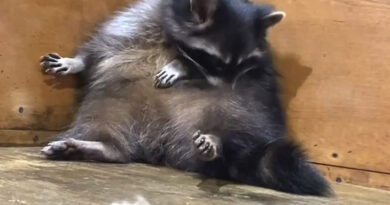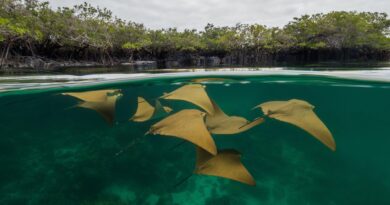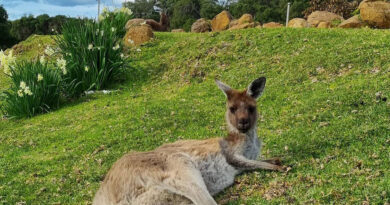Zoo Raises And Releases Two Barn Owls To Boost Numbers In Community of Madrid
This is the moment two barn owlets are released into the wild after hatching in a Spanish zoo as part of a project to bolster their numbers in the area around Madrid.
The baby barn owls (Tyto alba), the most widely distributed species of owl in the world, hatched at the Madrid Zoo Aquarium in the Spanish capital as part of a conservation project in cooperation with the Brinzal nocturnal raptor recovery centre.
To bolster the numbers of barn owls in the Community of Madrid, the team released the owlets into the wild and released the video on 5th June to mark World Environment Day.
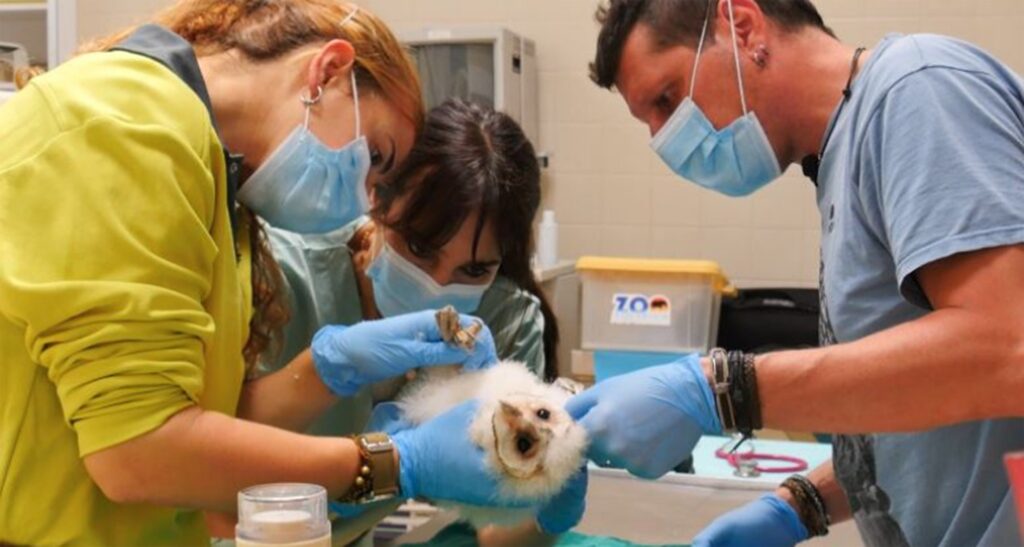
The Community of Madrid is one of the seventeen autonomous communities of Spain and experts said there are currently only 37 breeding pairs of owls in the region, and the project aims to help boost their numbers.
After hatching at the zoo, veterinarians spent 28 days carrying out basic checks, such as monitoring their weight, analysing their wings and growth rate, and testing their hearing and eyesight.
The two owlets were then transferred to a nest box on a conservationist’s house situated next to a field so they can be fed on a regular basis without human presence and get to know the surrounding rural area.
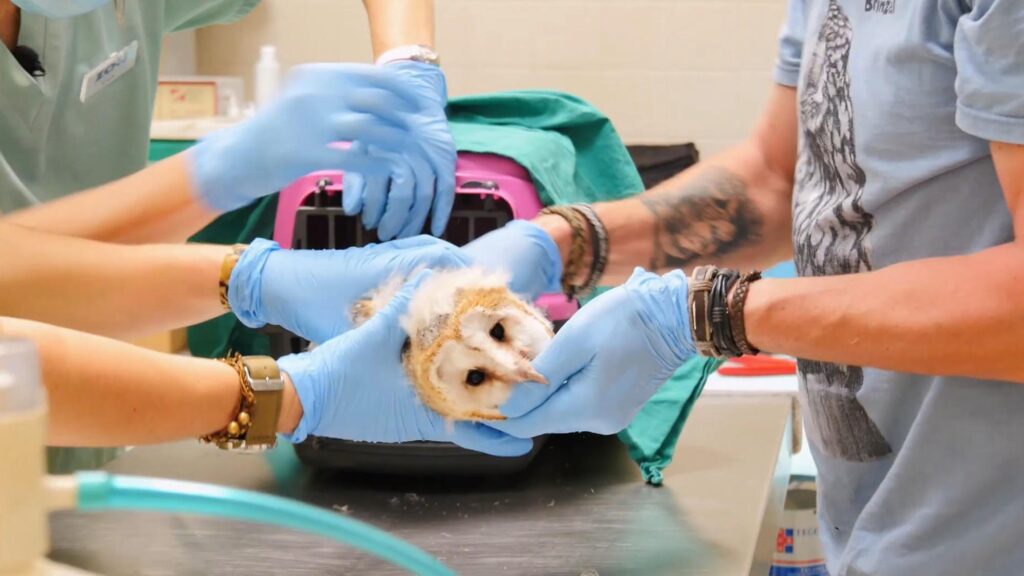
Once they are over 50 days old and fully grown, the feeding will be reduced so they slowly learn to fend for themselves.
After two months, the owls will leave the nest box and adapt to life in the wild where they will be monitored by experts at night as they can often be disorientated at first.
The zoo said that the number of barn owls has fallen to worrying levels in the region in recent decades with fewer than 50 breeding pairs in the wild, mainly due to urbanisation, overuse of pesticides, and lack of nesting areas.

